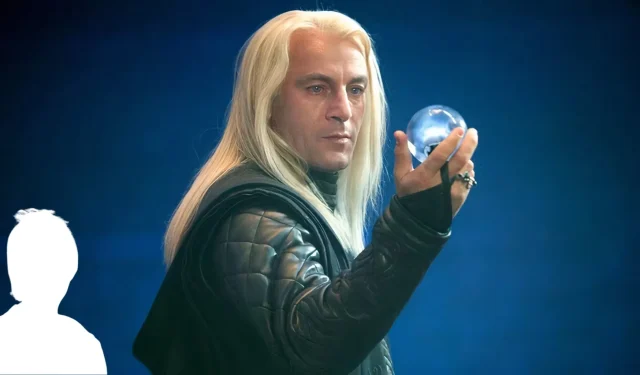Overview of Jason Isaacs as Lucius Malfoy
- Jason Isaacs’ unique interpretation of Lucius Malfoy’s voice faced initial pushback from the film’s director.
- Daniel Radcliffe found Isaacs’ vocal portrayal appealing, describing it as “kind of cool.”
- Isaacs garnered widespread acclaim for his portrayal of Lucius, earning admiration from both fans and critics alike.
Renowned for his ability to embody villains and morally complex figures, Jason Isaacs was an ideal casting choice for Lucius Malfoy in the Harry Potter franchise. However, Isaacs faced an unexpected challenge when his initial voice characterization was met with skepticism from director Chris Columbus. Fortunately, support from his fellow cast member changed the course of the discussion.
Before his role in the Harry Potter series, Isaacs had already gained significant recognition for his portrayal of Colonel William Tavington, a ruthless antagonist in The Patriot (2000). This performance positioned him as a prominent figure for high-profile villain roles. Isaacs would eventually bring Lucius Malfoy to life across five films, including Harry Potter and the Chamber of Secrets (2002) and the two-part Harry Potter and the Deathly Hallows (2010-2011). Although he was alluded to in Harry Potter and the Half-Blood Prince (2009), Lucius did not appear on screen due to his incarceration in Azkaban, but his influence persisted throughout the series.
In a recent episode of The Tonight Show Starring Jimmy Fallon, Isaacs discussed the creative process behind Lucius’ distinctive voice. He aimed to create “the most irritating voice,”one that could provoke a visceral reaction from audiences. At their first rehearsal, Columbus expressed concerns about the voice’s realism, questioning whether anyone in England spoke that way. Isaacs responded humorously, “No, but it’s a film about wizards, after all.”
Ultimately, it was Daniel Radcliffe, only about 12 years old at the time, who endorsed Isaacs’ voice choice, swaying Columbus’s opinion. Isaacs recounted Radcliffe’s encouraging words:
God bless him [Radcliffe], said, ‘I think it’s kind of cool, actually. I think people will do that in playgrounds.’ Chris went, ‘Alright, let’s go with that.’
From that point onward, as the production progressed, director Columbus frequently praised Isaacs, suggesting minor adjustments to his accent while maintaining the character’s essence.
In the same interview, Isaacs revealed his deep vision for Lucius, which transcended merely the voice. Initially, the character was envisioned as someone “in a suit with short hair.”Isaacs, however, proposed a more striking appearance, donning a curtain to illustrate that Lucius would be far better suited with long blonde hair and a dramatic cape. He jested that his creative choices stemmed from a “terror at having to share a screen with Alan Rickman,”the legendary actor already famous for his powerful performances as complex characters, including Professor Severus Snape in the series.
Isaacs’ artistic decisions regarding Lucius—both in vocalization and visual presentation—resonated well with audiences and critics alike. His ability to transform Lucius from a potentially unidimensional villain into a multifaceted and memorable figure is a testament to his talent; he exuded a chilling blend of arrogance, authority, and cruelty. Even in silent scenes, his posture and gaze conveyed Lucius’ menacing presence effectively. Remarkably, despite his initial intimidation by Rickman, the two cultivated a strong professional relationship, displaying mutual respect for their art. Isaacs’ casting in this role remains one of the franchise’s standout decisions.
Fans can currently stream the Harry Potter films on Max.
Source: The Tonight Show


